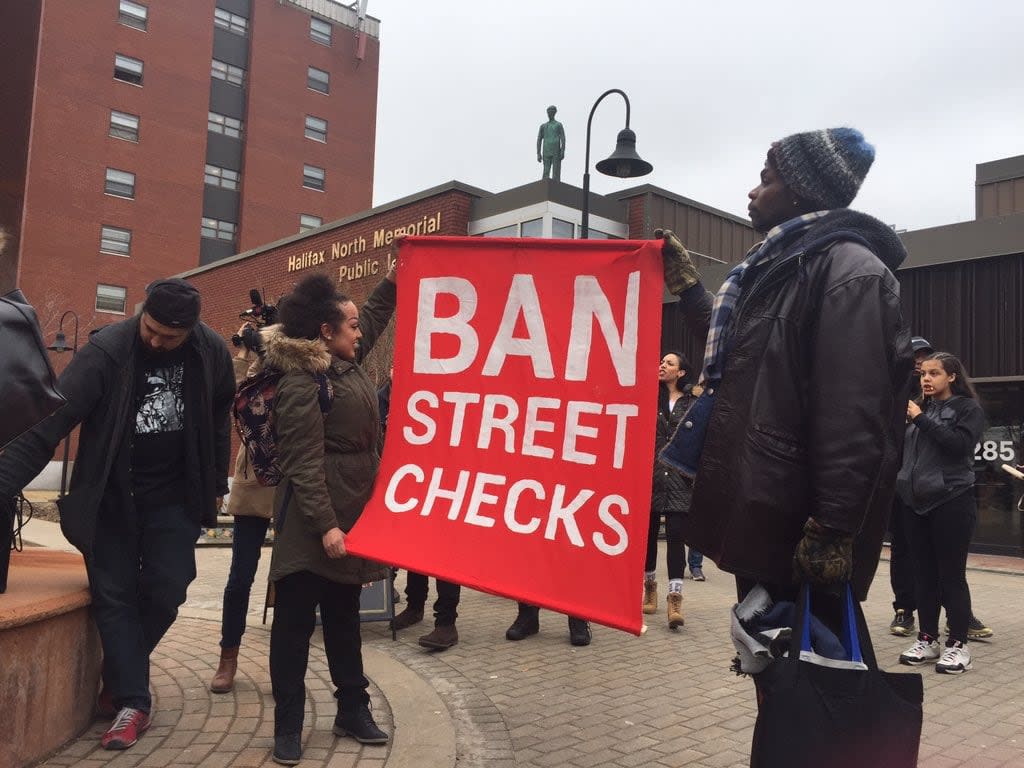Nova Scotia RCMP will apologize to African Nova Scotian community for street checks

Nova Scotia RCMP will apologize to the African Nova Scotian community next year "for the harm caused by the historical use of street checks," according to a press release issued Tuesday.
"I know this apology is long overdue. And I acknowledge a lot of work needs to be done to start to rebuild the fractured relationship with the community," Assistant Commissioner Dennis Daley, commanding officer of the Nova Scotia RCMP, said in the release.
"That's why it's especially important we hear from those who will be affected by the apology; we need to get the apology right and pursue systemic change."
Street checks, which were banned in the province four years ago, involved police officers interacting with or observing someone and then recording personal or identifying information about them in a database.
A formal review by criminologist Scot Wortley in 2019 revealed Black people were street checked at a rate six times higher than white people in Halifax. That report was prompted by a 2017 CBC News investigation that showed Black people were three times more likely to be street checked in Halifax than white people.
Community consultations are being organized in African Nova Scotian communities ahead of the apology. One was held Monday night in Gibson Woods, N.S. There will be 14 consultations, which the RCMP say will help "inform an action plan that will follow the apology."
Consultations ahead of apology
The consultations are being hosted by locals and attended by members of the Nova Scotia RCMP's senior leadership team, the news release said.
A steering committee was formed "to provide guidance and support." It is made up of RCMP employees and 11 community members.
Vanessa Fells, formerly of the African Nova Scotian Decade for People of African Descent Coalition, is one of the community members on the committee.
Fells said while an apology for street checks is long overdue, it's not necessarily too little, too late.
"I'm a firm believer that an apology without any real actions or policies to change things are just words," she told CBC News in an interview on Tuesday.
Building an action plan
Fells said the community consultations are about getting information and feedback that will help shape an action plan.
"So the whole purpose is that when the apology happens, the action plan will already be ready. They will already have built one," she said.
Fells says the committee will meet up at least once a month. She said it's very important that people living in the communities where these consultations are taking place show up and let their voices be heard.
"The only way we're going to have a very robust and comprehensive action plan is if we hear back from community in terms of what needs to be in it and what their recommendations are," Fells said.
MORE TOP STORIES


